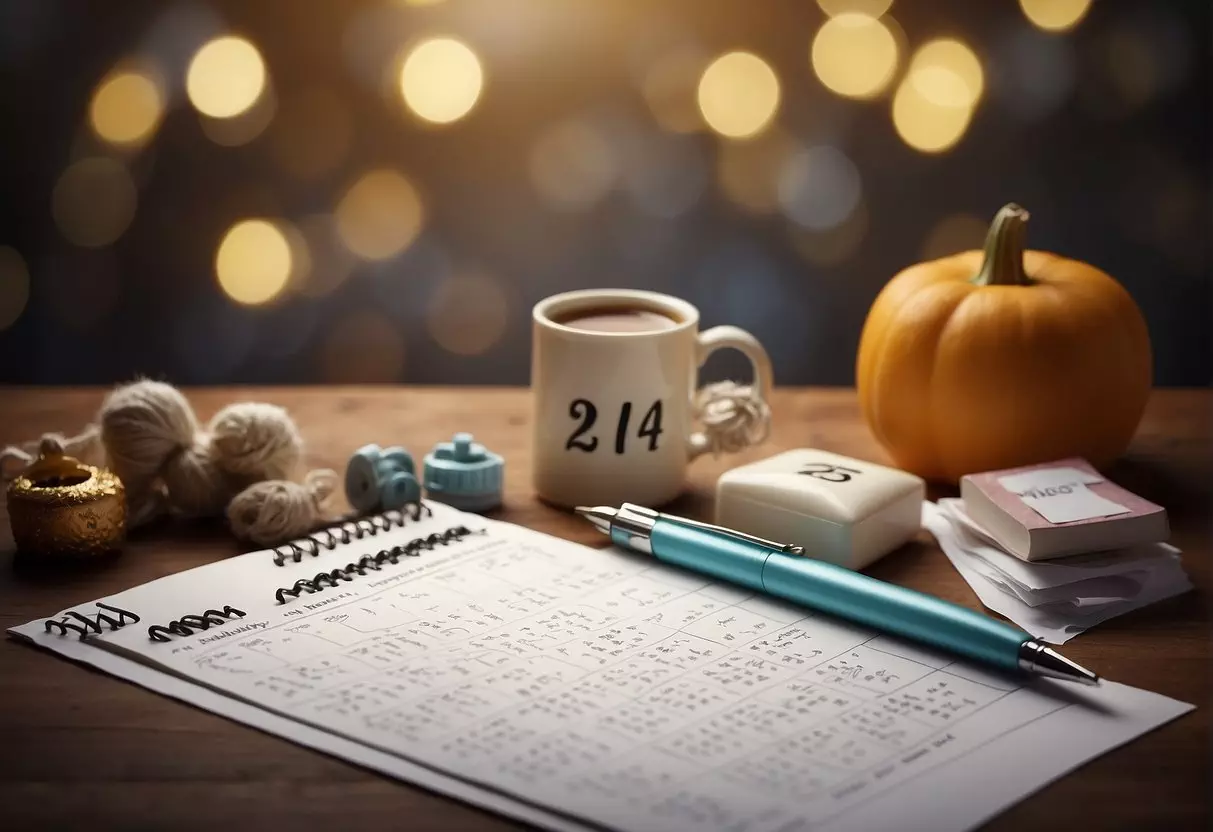Is 24 Weeks Too Early to Buy Baby Stuff? Finding the Perfect Time for Your Shopping Spree
Deciding when to start buying baby stuff is a common question for many expectant parents. By 24 weeks, you’re well into your second trimester, and it might feel like the right time to begin preparing for your baby’s arrival. It’s exciting to pick out tiny clothes and imagine your little one using all the things you select, but it’s also practical to assess whether this is the optimal time for such preparations.

You might be tempted to wait until later to purchase baby gear, but beginning at 24 weeks can have its advantages. Around this time, you’ve likely had your mid-pregnancy ultrasound where many crucial aspects of your baby’s development are checked. This can provide reassurance and might influence your decisions on what to buy. Additionally, spreading out your purchases can lessen the financial impact and give you more time to research and find exactly what you want for your baby.
It’s important to consider both the excitement of shopping for your baby and the practicality of storage space and your budget. The timing ultimately depends on your personal situation, so take into account what feels most comfortable and manageable for you. Whether you decide to start stocking up on baby essentials now or wait a bit longer, remember that your preparations are part of the beautiful journey toward parenthood.
Table of Contents
Planning Your Purchases
When expecting a new addition to your family, understanding the distinction between essentials and nice-to-haves, as well as being strategic about timing and budget, are crucial steps.
Evaluating Needs vs. Wants
Begin by listing all items your baby will require, distinguishing between must-have essentials such as a crib, car seat, and diapers, and items that are nice to have but not immediately necessary. It’s essential to conduct thorough research to ensure that you are getting the most for your money, especially when it comes to big-ticket items. Remember that sales can also be an opportune time to purchase more expensive items, like baby furniture, at a discounted price.
- Essentials Checklist:
- Crib
- Car seat
- Diapers
- Clothes
- Nice-to-Haves Checklist:
- High-tech baby monitor
- Designer nursery decor
- Premium baby swing
Setting a budget early on will help you prioritize the baby essentials, and manage your overall expenditures on baby gear.
Setting Up the Nursery
Creating a safe and comfortable space for your baby is paramount. Start with nursery furniture such as the crib, changing table, and a comfortable chair for feedings. Efficient storage solutions are essential to keep the space organized.
For the nursery, consider:
- Safety: Is the crib sturdy and certified?
- Functionality: Does the furniture serve multiple purposes?
- Aesthetics: Does the nursery decor match your vision?
Next, think about the overall design. Nursery decor can range from wall decals to thematic bedding sets, ensuring the room is a serene place for both you and your baby. Ensure you’re choosing items that blend well with your desired theme and colors.
Remember to utilize a baby registry to list items you need or want, which can be a great way to communicate your preferences to friends and family looking to gift something for your arriving bundle of joy.
Timing Your Shopping Spree
When expecting, timing purchases for your baby can affect not only your budget but also cater to your emotional journey. It’s essential to align your shopping with your pregnancy timeline while considering personal believes and cultural influences.
Understanding the Trimesters
First Trimester: Your journey begins here, and while it may be tempting to dive into baby shopping, it’s also a period marked by morning sickness for many. It’s often recommended to wait due to the higher risk of miscarriage during these initial weeks.
-
Second Trimester: As you enter weeks 13 to 27, many parents feel more confident in making their initial purchases, coinciding with the decrease in miscarriage risk and the discovery of their baby’s gender, if they choose to find out.
- Checklist for the Second Trimester:
- Research must-have items
- Consider setting up a baby registry
- Look into maternity and baby clothes
- Checklist for the Second Trimester:
-
Third Trimester: From week 28 onwards, your focus shifts to finalizing your checklist and getting ready for birth. It’s wise to have most items ready by 32 to 36 weeks, providing peace of mind if your baby decides to arrive early.
Superstitions and Concerns
Superstitions concerning pregnancy and baby shopping widely vary. Some believe that shopping too early may bring bad luck, while others see it as practical.
- Personal Comfort: When you start shopping should be when it feels right for you. Every pregnancy journey is unique.
- Hand-me-downs and Gifts: Accepting these before the baby shower or after is a common way to prepare, without the concerns tied to making actual purchases.
